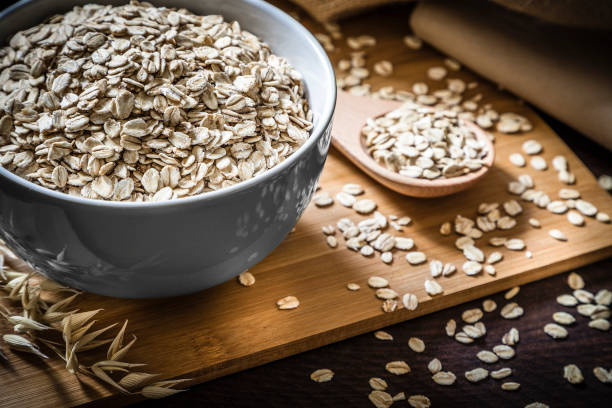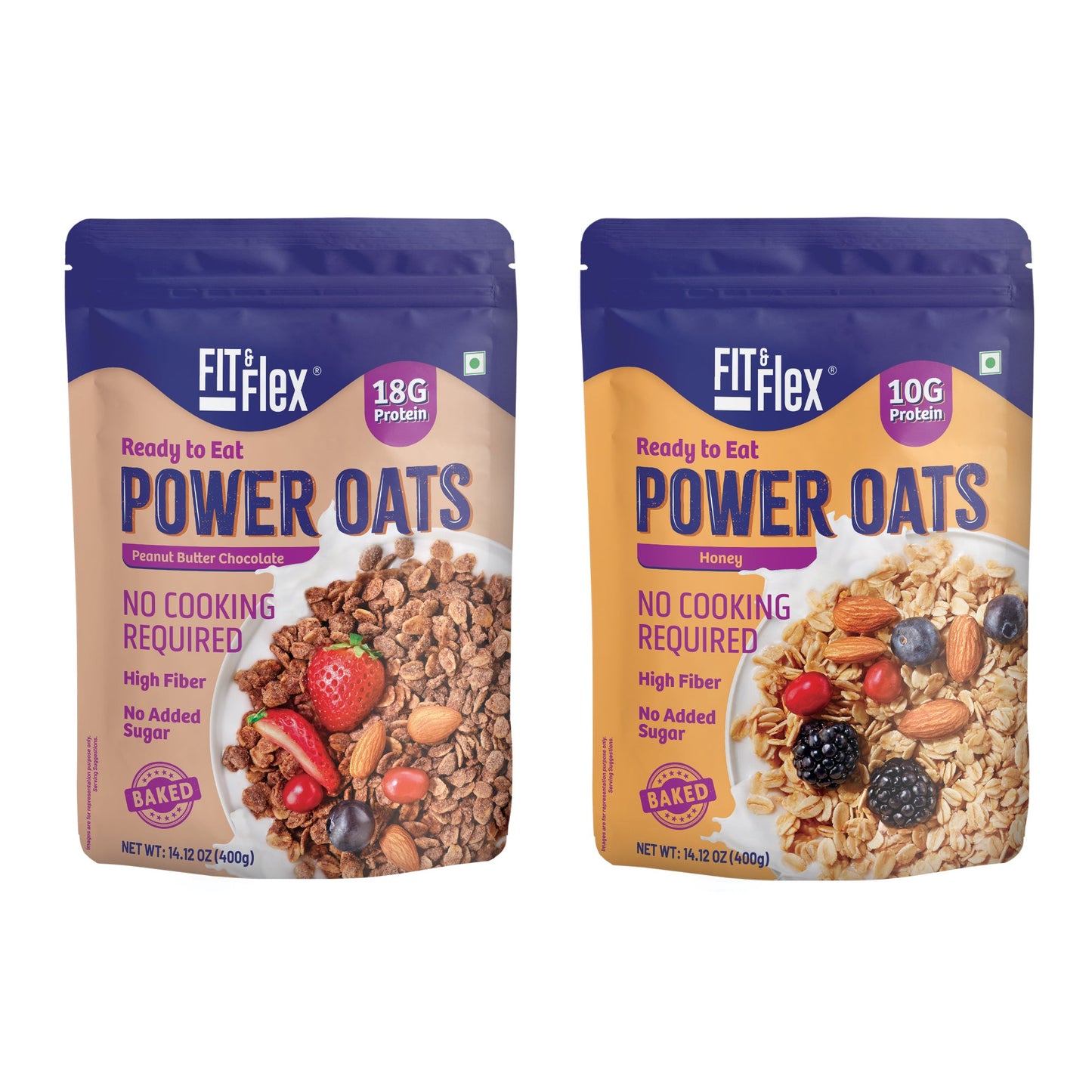The Science of Satiety: How Granola, Oats, and Muesli Keep You Full

In the quest for weight management and healthy eating, understanding the science behind satiety can be crucial. Granola, oats, and muesli are not only popular breakfast options but also known for their ability to keep you feeling full and satisfied for longer periods. Let’s delve into the scientific reasons why these foods are effective at promoting satiety and supporting overall health.
1. High Fiber Content
One of the primary reasons granola, oats, and muesli are effective at promoting satiety is their high fiber content. Fiber adds bulk to food without adding calories, which helps increase feelings of fullness. Both soluble and insoluble fibers are present in these foods:
-
Soluble Fiber: Found in oats, muesli, and certain granola varieties, soluble fiber forms a gel-like substance in the digestive tract. This slows down digestion and the absorption of nutrients, prolonging the feeling of fullness and stabilizing blood sugar levels.
-
Insoluble Fiber: Predominantly found in whole grains like oats and in the bran of cereals, insoluble fiber adds bulk to stools, promoting regular bowel movements and contributing to a sense of fullness after meals.
2. Complex Carbohydrates
Granola, oats, and muesli are rich in complex carbohydrates, which break down slowly during digestion. This slow digestion process helps maintain steady blood sugar levels and provides sustained energy over a longer period. Complex carbohydrates are also associated with prolonged feelings of satiety compared to simple carbohydrates found in processed foods.
3. Protein Content
Protein is another important nutrient that contributes to feelings of fullness. Many granola and muesli varieties contain nuts, seeds, and sometimes added protein sources like yogurt clusters or protein powder. Protein enhances satiety by stimulating the release of hormones that signal fullness (e.g., leptin) and reducing levels of ghrelin, the hunger hormone.
4. Water Absorption
When consumed with fluids like milk, yogurt, or water, granola, oats, and muesli absorb liquid and expand in the stomach. This physical expansion contributes to feelings of fullness and slows down gastric emptying, thereby prolonging the sensation of being satisfied after a meal.
5. Nutrient Density
Beyond their fiber and protein content, granola, oats, and muesli are nutrient-dense foods. They provide essential vitamins, minerals, antioxidants, and healthy fats that contribute to overall health and well-being. A diet rich in nutrient-dense foods is more likely to support satiety and reduce the likelihood of overeating.
6. Gut Microbiota Impact
Emerging research suggests that the gut microbiota, the community of microorganisms residing in the digestive tract, play a role in regulating appetite and satiety. Foods like oats and muesli that are high in fiber can promote a healthy gut microbiome, which in turn may support better appetite regulation and satiety signals.
FAQ's
Q1. Why are granola, oats, and muesli effective at promoting satiety?
Q2. What role does fiber play in promoting satiety?
Q3. How do complex carbohydrates contribute to feeling full?
Q4. Does protein content in these foods affect satiety?
Q5. How does water absorption contribute to feeling full?
Q6. Are granola, oats, and muesli nutrient-dense foods?
Q7. Can granola, oats, and muesli impact gut health and satiety?
Q8. How should I incorporate granola, oats, or muesli into my diet for maximum satiety?
Conclusion
Granola, oats, and muesli are more than just delicious breakfast options—they are scientifically backed choices for promoting satiety and aiding in weight management. Their high fiber content, complex carbohydrates, protein, and nutrient density work together to keep you full and satisfied for longer periods, reducing the urge to overeat. By incorporating these foods into your diet, you can harness their satiety-promoting benefits and support your overall health goals effectively. So, enjoy your bowl of granola, oats, or muesli knowing that science is on your side for a satisfying and nutritious meal!




